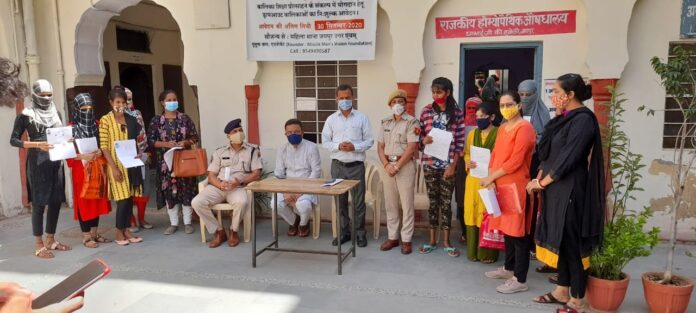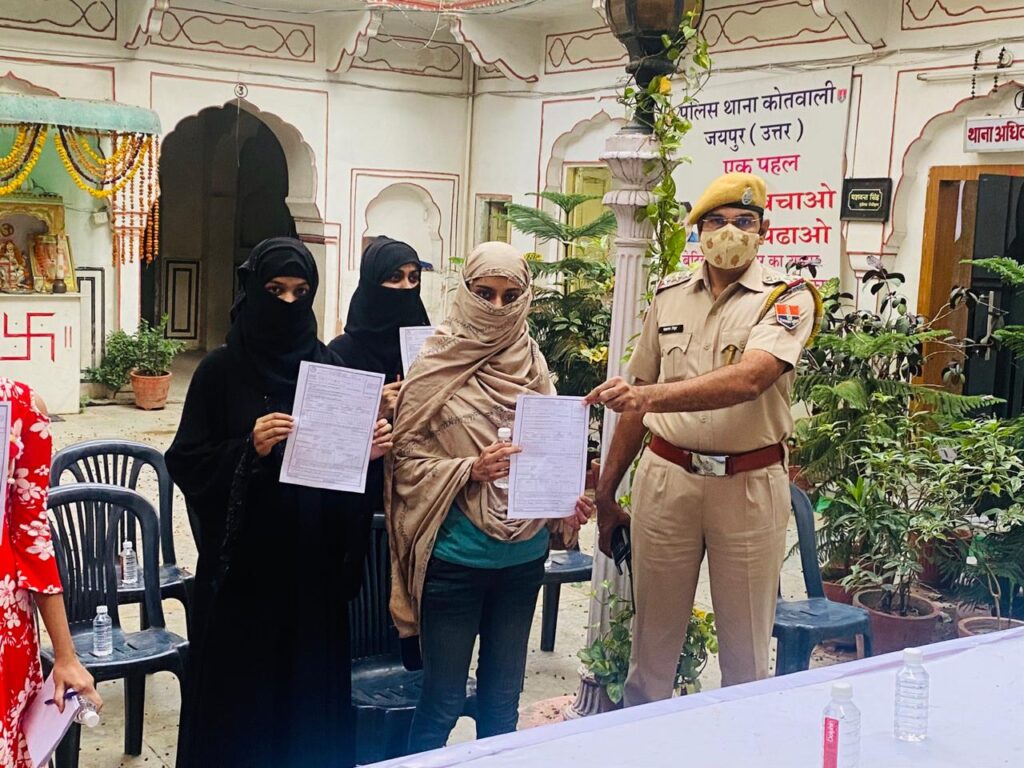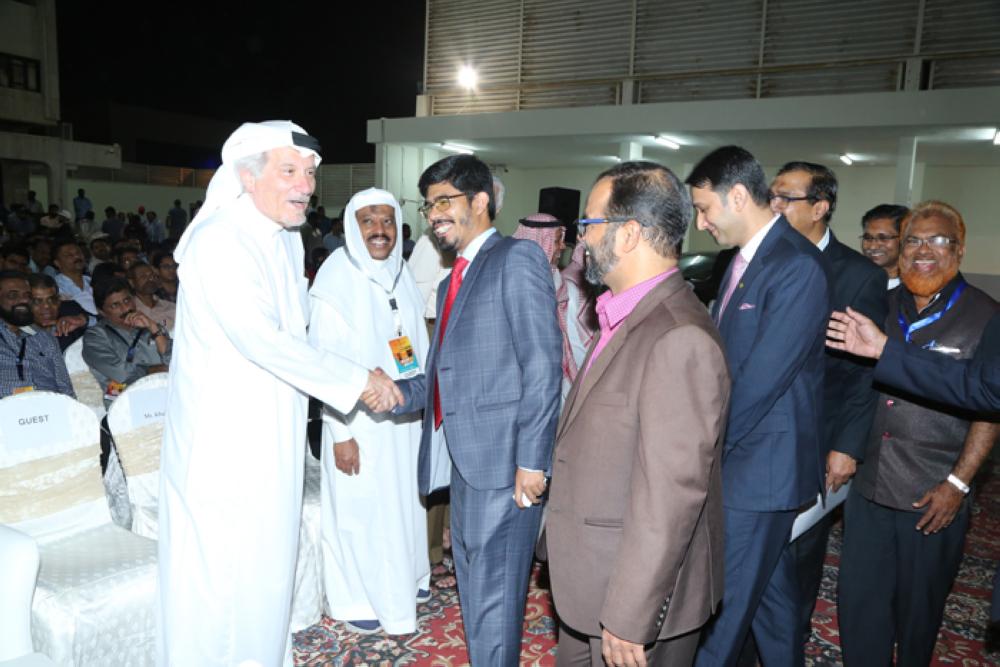Mewat, RAJASTHAN:

Jaipur:
A private university catering to the educationally backward Meo Muslim community residing in the Mewat region, falling in the Alwar and Bharatpur districts of Rajasthan, is coming up with the promise to impart higher and technical education. This will be the first university to be established in Mewat, which made headlines recently over the gruesome murder of two youths from Bharatpur’s Ghatmika village by the cow vigilantes in Haryana.
The university will be named after the late Barkatullah Khan, a senior Congress leader, who was the first Muslim Chief Minister of Rajasthan from July 1971 to October 1973. He died in office after serving as the Chief Minister for over two years. A private member’s Bill for the establishment of the university is likely to be tabled and passed in the ongoing budget session of the Rajasthan Assembly.
A piece of land measuring 208 hectares at Chawandi Kalan village in Alwar district’s Tijara tehsil has been allotted to the university on token money. The initiative is the brainchild of a young lawyer from Tijara’s Tapukara village, Yusuf Khan, who has been working for education among the girls belonging to the Muslim and other marginalised communities under the banner of his organisation, the Missile Man’s Vision Foundation.
Thirty-four-year-old Khan undertook a project with the help of Jaipur police to enrol girls for distance education in the state capital’s Walled City during the COVID-19 pandemic. Khan is also a claimant for the Congress party’s ticket from the Tijara constituency in the State Assembly election due in December 2023. Incidentally, the late Barkatullah Khan was also elected to the Assembly from the Tijara seat.

A trust, named as the Missile Man’s Vision Education Trust, has been formed for running the university. While the 17-member trust comprises some prominent academicians and other professionals, the proposed university will offer courses in some new, innovative and interdisciplinary subjects such as disaster management, pharmacy, environment, climate change, sports and engineering.
Thousands of young children in over 790 villages of Rajasthan’s Mewat region fail to reach up to the secondary level in their education for a variety of reasons, while the rural areas of the two districts lack the basic facilities of infrastructure, sanitation, healthcare and connectivity. Besides the Alwar and Bharatpur districts, the Mewat region is spread across a large area in neighbouring Haryana and Uttar Pradesh as well.
Khan said that the backward condition of his native place had prompted him to launch an initiative that would benefit large sections of the population of the region. The Congress MLA from Jaipur’s Kishanpole seat, Amin Kagzi, who is also the Chairman of the Rajasthan State Haj Committee, will move the private member’s Bill for the university’s creation in the State Assembly. Chief Minister Ashok Gehlot is scheduled to lay the foundation stone in Chawandi Kalan village in May this year.
The Congress Government in the state has promised to extend all possible support for the establishment of the university and provide grants for its functioning. However, the ruling party may expect some political favours from the Meo Muslim population in return, especially in the wake of the parties such as All-India Majlis-e-Ittehadul Muslimeen (AIMIM) trying to make inroads into the region.
Khan has a track record of promoting the cause of education among Muslims. During the covid-induced lockdown, Khan helped a large number of girls in the Walled City of Jaipur, who had dropped out of schools, in resuming their studies through the State Government’s ‘Shiksha Setu’ programme, in which they were taught at home for X and XII classes through the Rajasthan State Open School. As many as 17 police stations took the responsibility to pay their fee and supply study material to them.
Khan pointed out that over 750 of these girls were continuing with their formal education and had appeared in examinations. The scheme is run by the Directorate of Women’s Empowerment through its Rs. 1,000-crore Indira Mahila Shakti Nidhi established in 2019-20. Girls in the Muslim- dominated localities, who dropped out of schools for doing household chores or taking care of younger siblings, have mainly benefited from the initiative.
The lawyer has helped in extending the scheme’s benefit through field functionaries and Anganwadi workers in the Mewat region as well during the current academic session by getting about 10,000 dropout girls enrolled in the open school. Besides, the Missile Man’s Vision Foundation, established in memory of former President A.P.J. Abdul Kalam, has covered 132 villages for the distribution of sanitary pads to adolescent girls under the flagship “Udaan” scheme.
Khan, who has been practising as a lawyer in the Rajasthan High Court for six years, said that the educational intervention would herald a new era of empowerment of both adolescent girls and boys from the Meo Muslim community. The establishment of the university will encourage children to complete their school education and join the institution of higher learning, besides prompting the State Government’s Education Department to improve the poorly equipped primary and middle schools in the region.
source: http://www.indiatomorrow.net / India Tomorrow / Home> Education / by India Tomorrow Correspondent / February 28th, 2023









